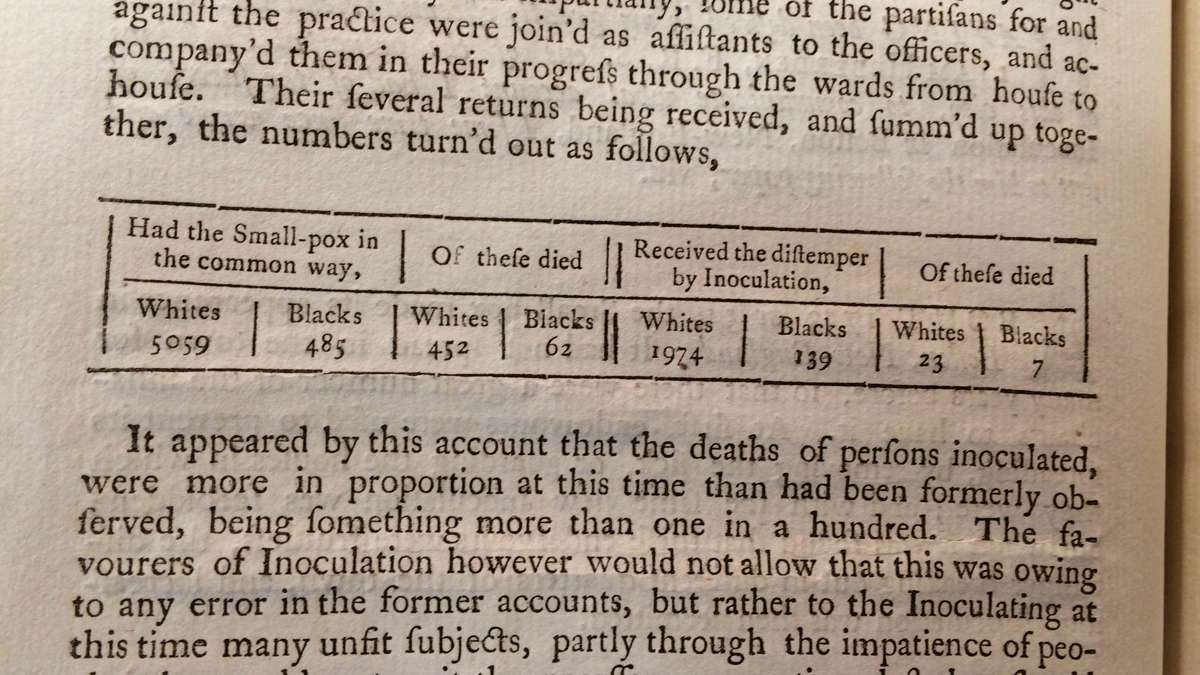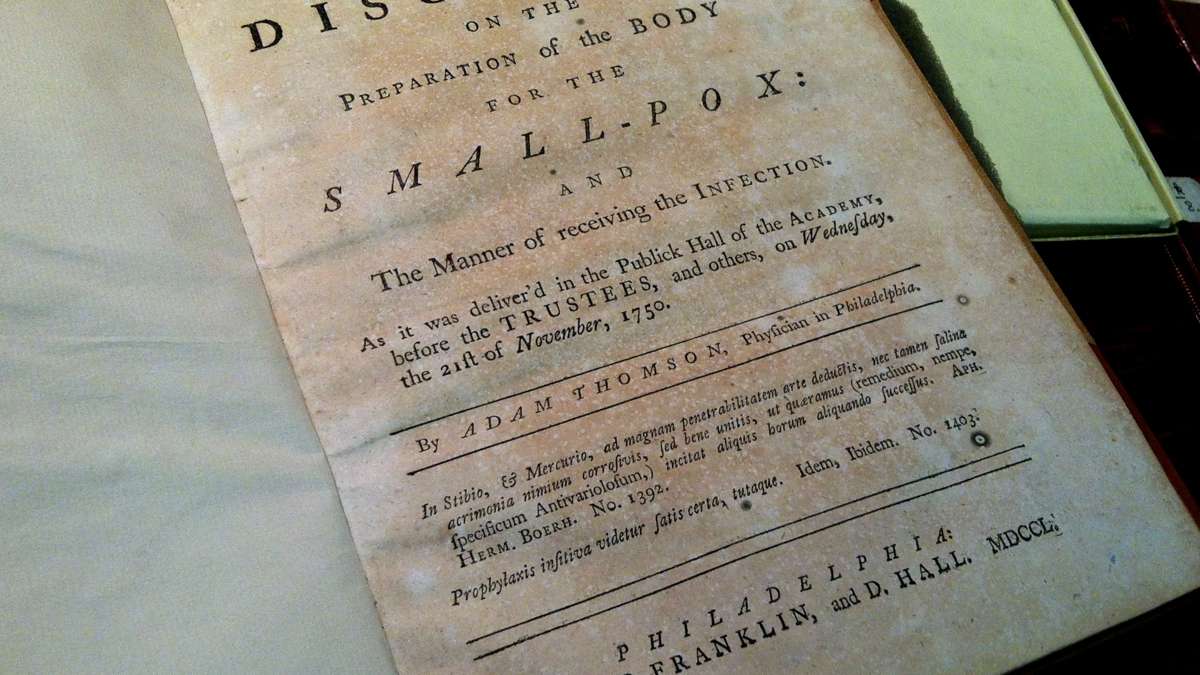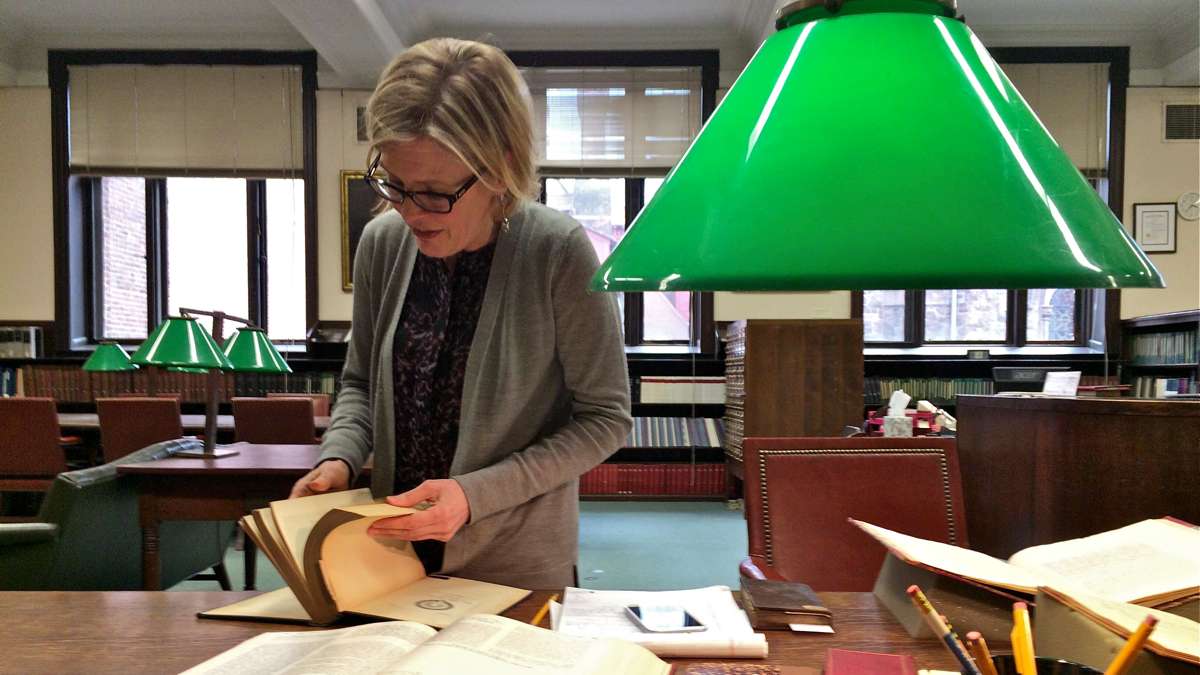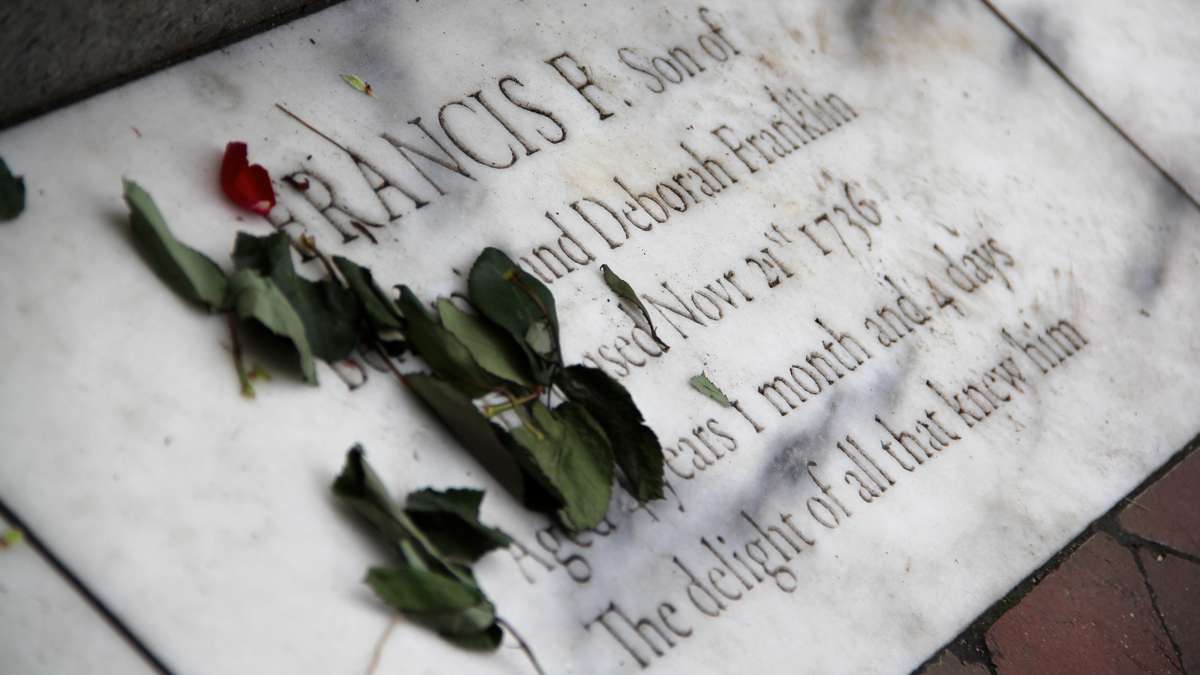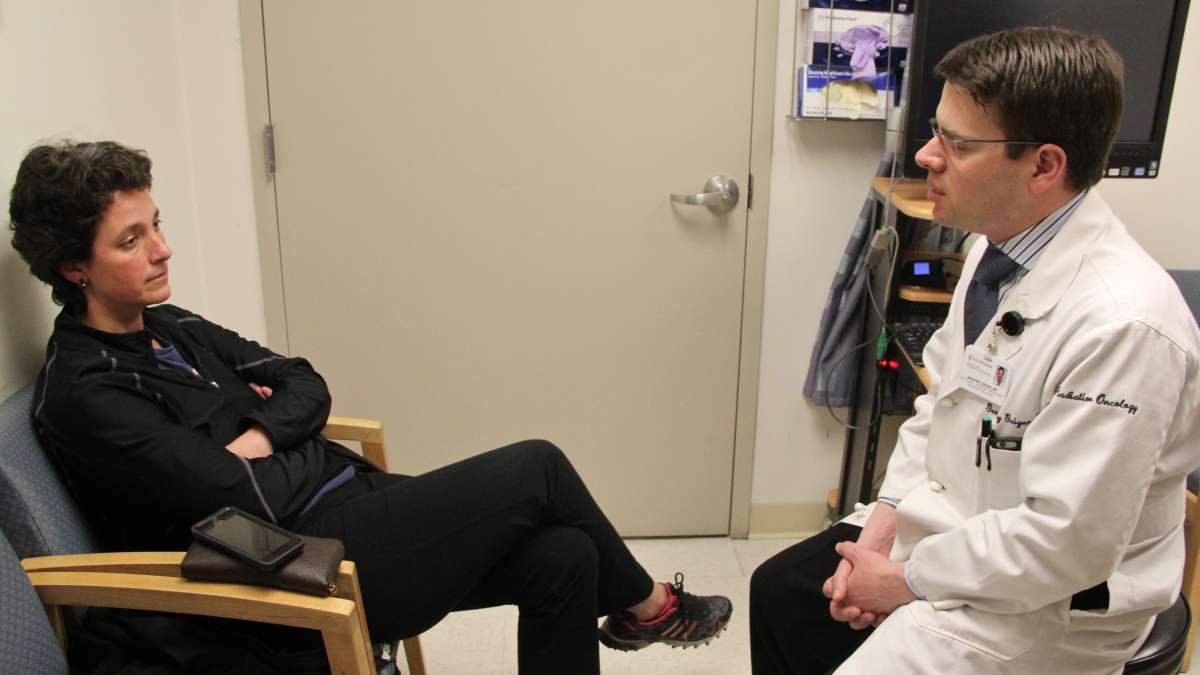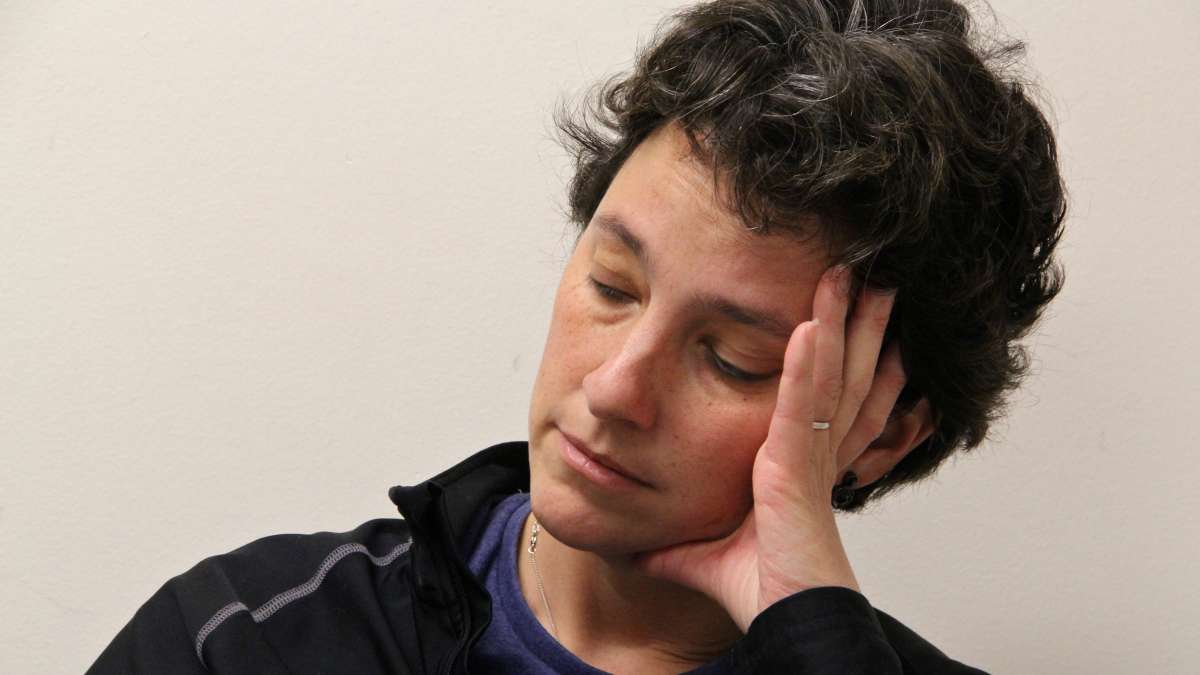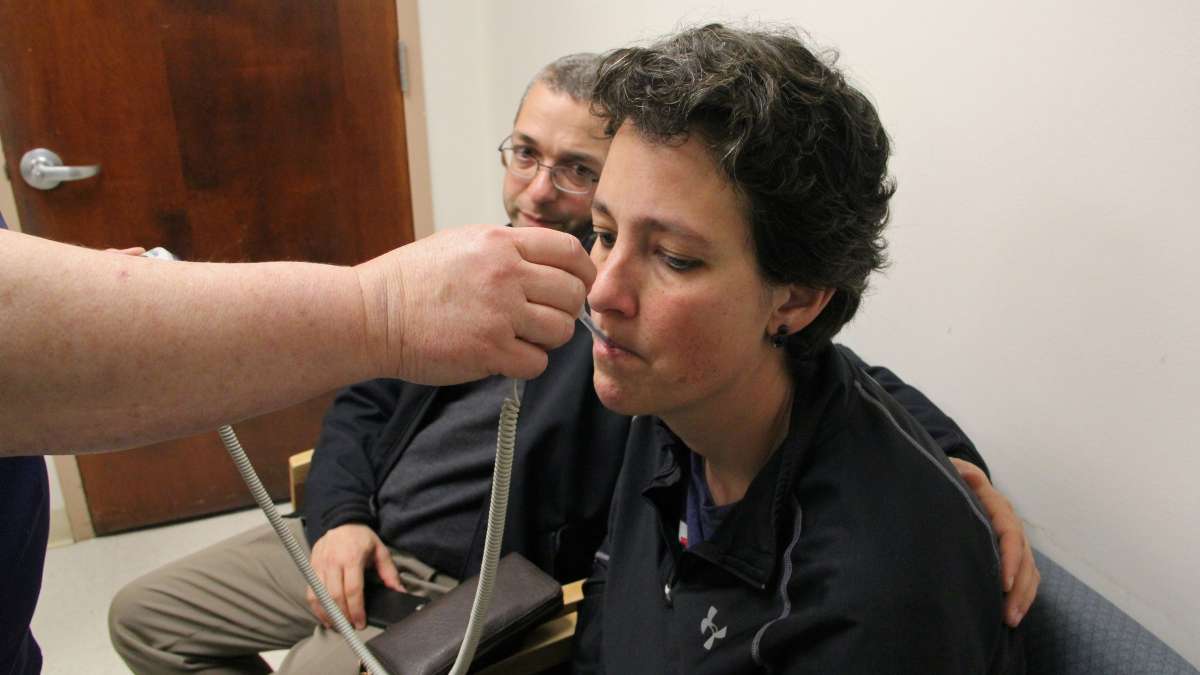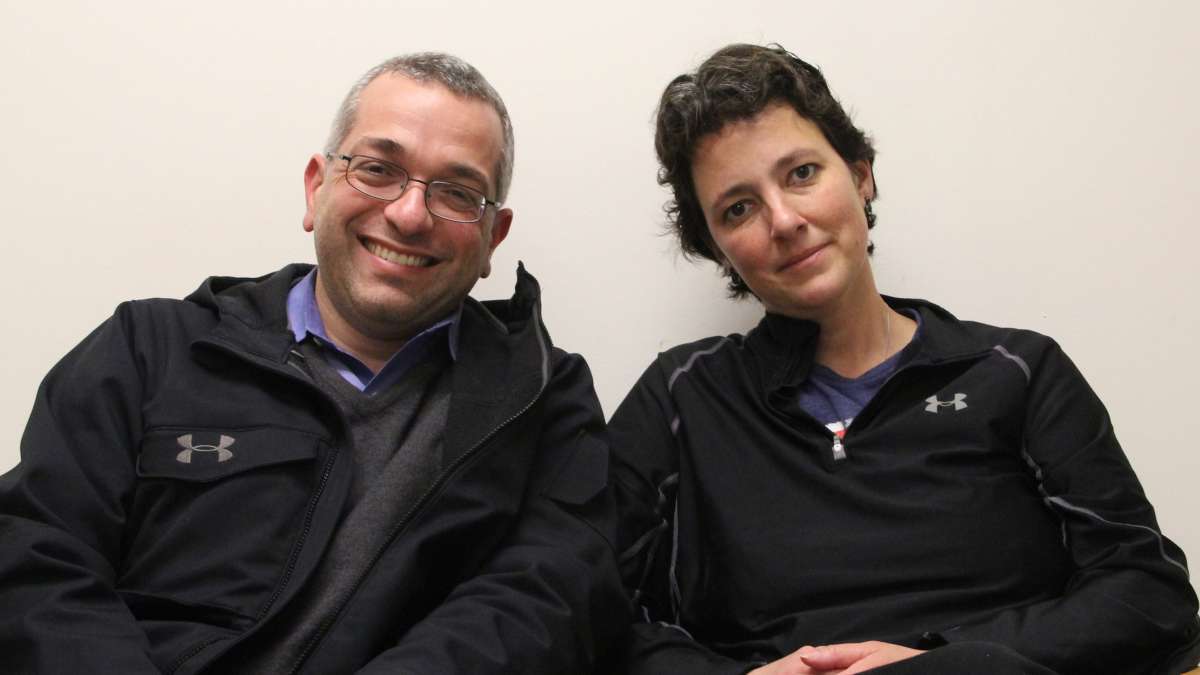One couple’s strategy for waging a personal, public health campaign
ListenFor two Bucks County physicians, a private battle becomes a public fight.
What does it take to challenge the U.S. Food and Drug Administration and get your personal story heard—and repeated—across the nation? Answer: unapologetic persistence–and maybe 7,000 emails to reporters, lawmakers and public health officials.
That’s just part of the strategy that Bucks county couple Hooman Noorchashm and Amy Reed use in their campaign to transform the way medical devices are approved in the United States.
In 2013, Reed had surgery in Boston, for what was supposed to be an uncomplicated hysterectomy to treat fibroids. Noorchashm said the surgeon assumed his wife was cancer-free and used a medical device called a power morcellator to divide up and remove the uterus.
But what the doctor and the couple didn’t know was that that Reed had a hidden cancer–leiomyosarcoma–on her uterus.
“We knew if you break up a sarcoma it’s like ink, you can’t just go back and undo that breaking up, it spreads,” Reed said.
The device indiscriminately minces up both healthy tissue and tumors, Noorchashm said.
“My immediate question for the surgeon was ‘Did you get it out in one piece at least?'” Noorchashm said “And at that point she told me ‘no, we morcellated this.’ For me the translation was almost immediate, it meant that they spread the cancer.”
Ever since, Noorchashm and Reed have been pushing the FDA to ban morcellators for fibroid surgery, and change the regulation of medical devices.
The husband and wife team are vocal, but it’s Noorchashm who takes the lead emailing and pressuring anyone who he thinks can help the cause.
The couple—parents to six children–writes a blog, there’s a Facebook page, and a Change.org campaign.
The national press took notice, and that reporting has garnered recognition from the Pulitzer Prize committee.
When a reporter shows interest in the story, Noorchashm forwards emails and copies lawmakers to let them know that news coverage is on the way.
“You—meaning the press–scare the hell out of them,” he said.
The U.S. Food and Drug Administration issued a warning about power morcellators last year.
Lawmakers are speaking out too.
In a press statement, Rep. Mike Fitzpatrick, from Pennsylvania’s 8th congressional district, said he looked into the issue after Noorchashm contacted him.
“… what I found were some very troubling facts and disturbing real-life examples.”
Noorchashm is a cardiothoracic surgeon. Reed is an anesthesiologist. Having that insider knowledge of the health system has been helpful in their effort.
“We knocked on everybody’s door,” Noorchashm said. For example, he wrote to CEOs at Aetna because he says insurance companies are the “bloodline” for morcellation.
In recent months, the couple’s fight has pivoted and expanded beyond power morcellators to focus on the way the FDA regulates medical devices. Reed says the government’s approval path is more rigorous for drugs when compared to the 510(k) process allowed for some medical devices.
“Until you fix the loopholes,” Reed said. “It’s inevitable. This will come up again.”
“I felt that I had to get increasingly vocal and my language had to get increasingly aggressive, that’s not where I started,” Noorchashm said.
Noorchashm has the stamina of a crusader or activist but said those terms don’t apply to him.
“We’re definitely patient advocates, now for sure,” Noorchashm said. “I think we are fulfilling our responsibility as physicians to public health. The term activist implies someone from the outside doing something they perhaps aren’t supposed to be doing–to buck the establishment. But we are part of the establishment. We aren’t really activists, I’m a surgeon, there’s a mistake happening. When there’s a mistake happening you point it out.”
Reed says it hasn’t always been easy watching her husband’s advocacy tactics.
“The tendency has been for me to at times say: ‘Oh, oh, just stop.'”
But on consideration Reed said she doesn’t think their success could have happened any other way.
“I compare it to, you walk past a car on a hot day and there’s a kid inside. You could call the cops or a locksmith meanwhile that kid is baking and you’ve got to break the window,” she said.
WHYY is your source for fact-based, in-depth journalism and information. As a nonprofit organization, we rely on financial support from readers like you. Please give today.



